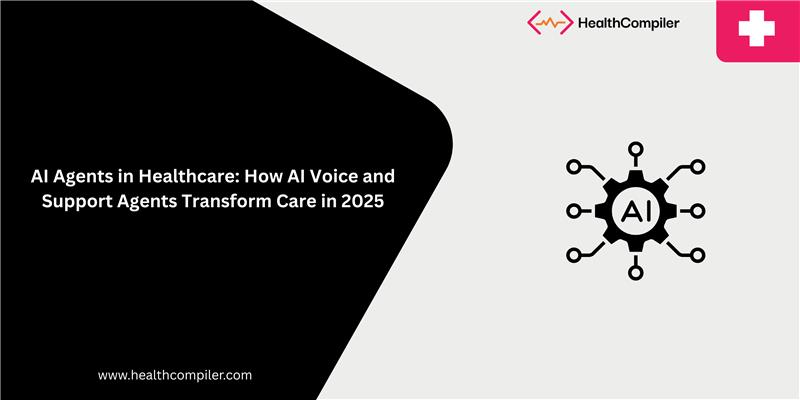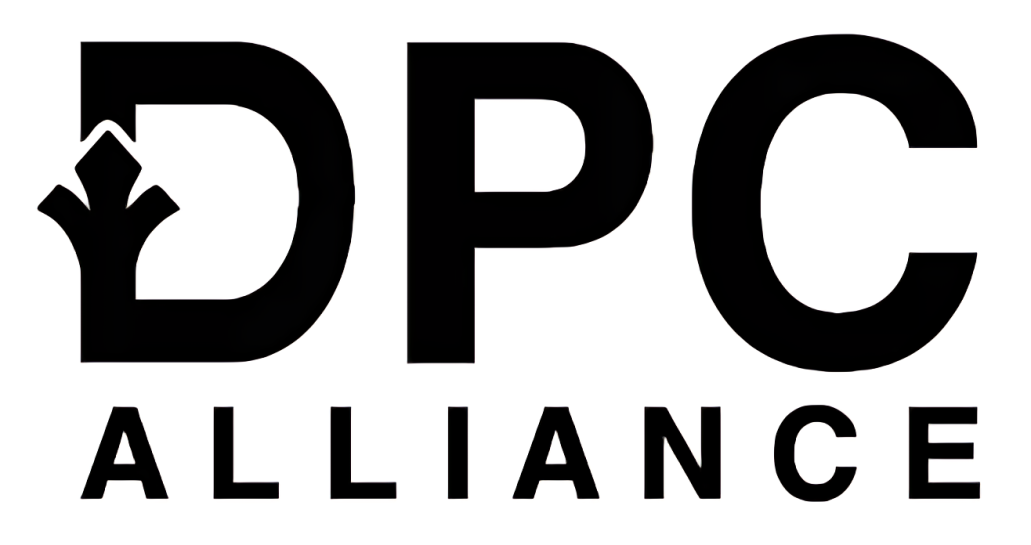AI Agents in Healthcare: How AI Voice and Support Agents Transform Care in 2025

Healthcare in 2025 is at a pivotal crossroads. Providers are no longer constrained by manual administrative tasks or fragmented patient communications. AI agents, especially AI voice and support agents, are emerging as critical tools that streamline workflows, enhance patient engagement, and improve outcomes. At Health Compiler, we see AI-powered healthcare agents as a key lever in transforming care delivery across the continuum.
What Are AI Agents in Healthcare?
AI agents in healthcare are intelligent systems designed to assist providers, staff, and patients. They combine natural language processing, machine learning, and real-time analytics to handle tasks ranging from scheduling and patient triage to clinical documentation. Essentially, they act as virtual assistants that can scale care while reducing provider burnout.
The Role of AI Voice Agents in Healthcare
AI voice agents healthcare applications have exploded in recent years. These systems understand spoken language and can interact with patients, staff, or EHR systems in real time.
Key functions include:
- Patient Scheduling & Reminders: Automating appointment bookings and follow-ups to ensure adherence and reduce no-shows.
- Patient Support & Triage: Answering common questions, guiding patients through symptoms, and directing them to the right care level.
- Clinical Documentation: Transcribing conversations, updating records, and freeing clinicians from administrative overhead.
Voice AI agents not only save time but also create a more personalized experience for patients. For providers exploring AI voice agents for direct primary care, the integration can be seamless and impactful.
Key AI Advantages in Healthcare
The benefits of integrating AI agents in healthcare are compelling:
- Efficiency Gains: Automates routine tasks, freeing clinicians to focus on patient care.
- Improved Patient Outcomes: Supports personalized care and reduces the risk of errors.
- Cost Optimization: Cuts administrative overhead and enhances operational efficiency.
- Scalable Care: Handles high patient volumes without compromising service quality.
How to Use AI in Healthcare
Implementing AI agents requires strategic planning:
- Assess Needs: Identify repetitive or high-volume tasks suitable for automation.
- Select AI Agents: Choose systems aligned with your workflows and care goals.
- Train Teams: Ensure clinicians and staff are comfortable working alongside AI agents.
- Monitor Impact: Regularly evaluate performance to optimize patient experience and efficiency.
Looking Ahead
By 2025 and beyond, AI agents will continue to evolve:
- Enhanced Diagnostics: Supporting radiology, pathology, and predictive risk scoring.
- Personalized Treatment Plans: Leveraging patient data to suggest individualized care paths.
- Remote & Access-Oriented Care: Extending support to underserved populations with scalable AI-driven interactions.
Conclusion
AI agents in healthcare are no longer optional, they’re essential for efficient, patient-centered care. From AI voice agents to comprehensive AI-powered healthcare agents, providers can deliver better care, reduce administrative strain, and improve outcomes.
For healthcare organizations exploring this space, Health Compiler provides tools to understand, implement, and maximize AI-driven workflows, helping you unlock the full potential of AI in healthcare.




